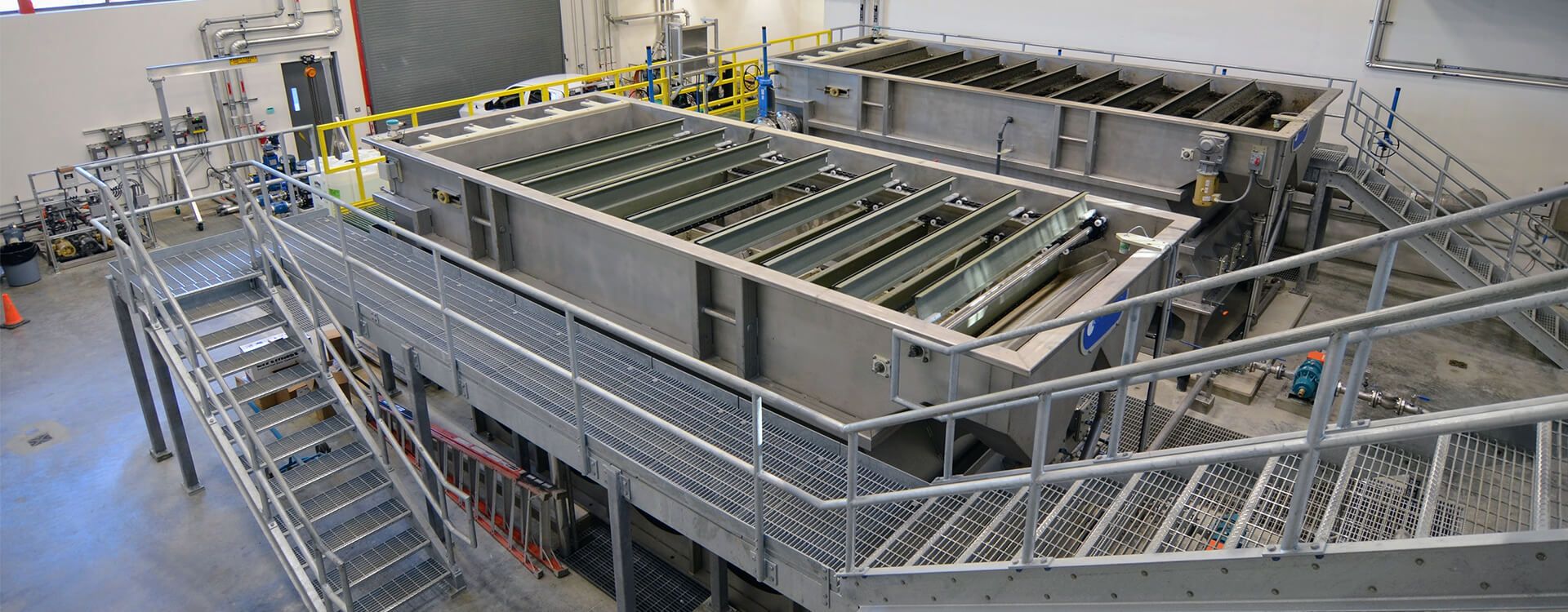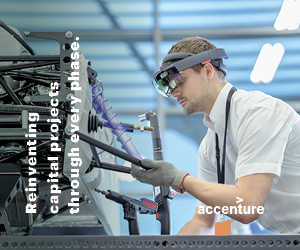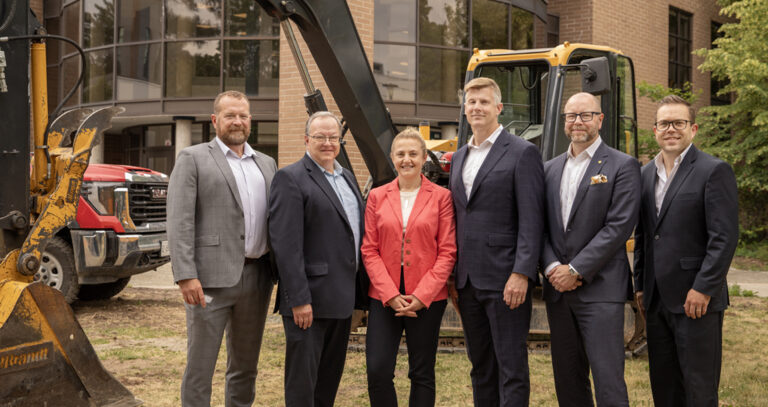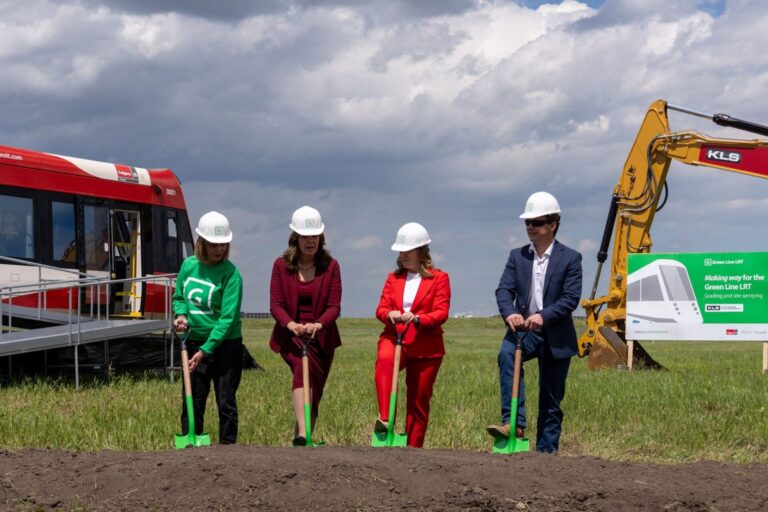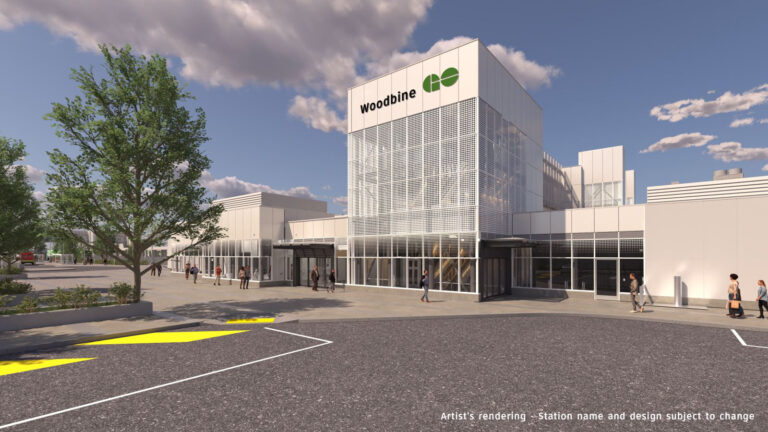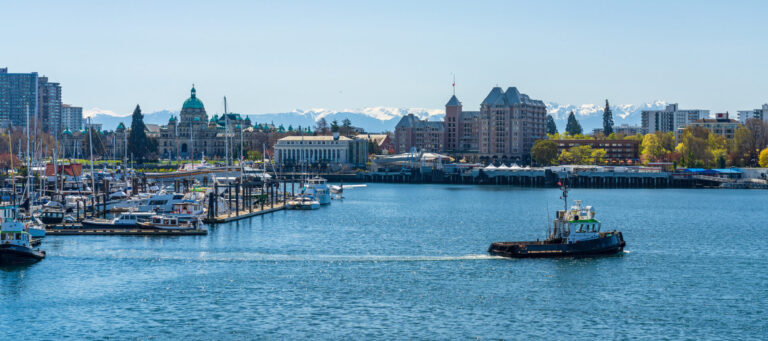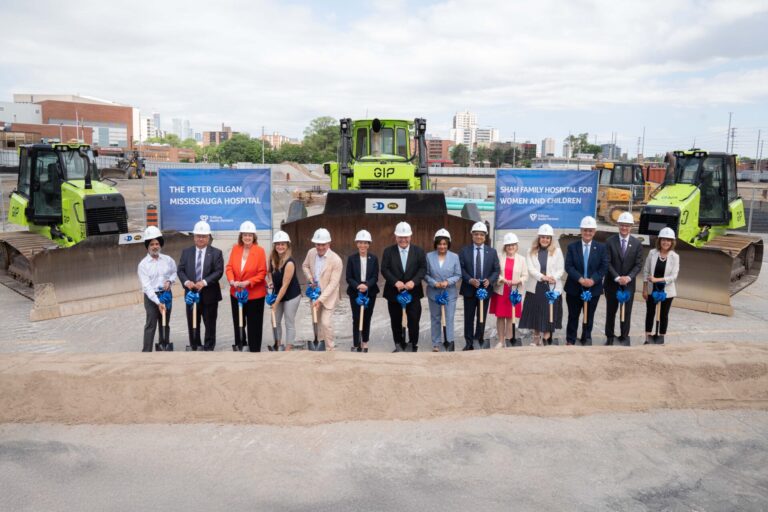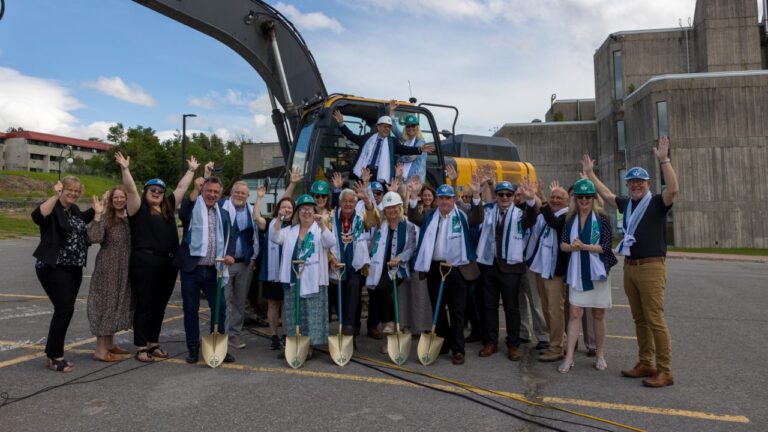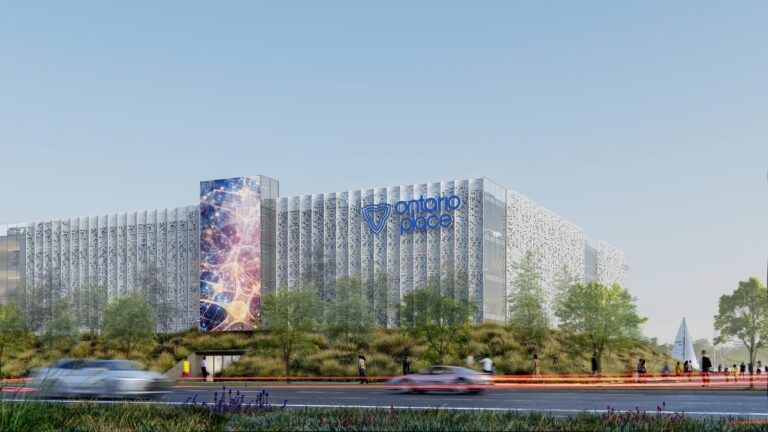Natural Resources Canada and the Federation of Canadian Municipalities (FCM) announced a $1.76-million investment through FCM’s Green Municipal Fund (GMF) to help reduce greenhouse gas (GHG) emissions and improve the quality of water, land and transportation in communities across British Columbia.
“Local green solutions create jobs, lower emissions and build a more prosperous and sustainable economy for all. This is how we get to net-zero by 2050,” stated Seamus O’Regan Jr., Minister of Natural Resources.
The Heiltsuk First Nation will receive $500,000 for a field test to replace diesel furnaces with central air-source heat pumps in 62 homes.
With $396,240 in GMF funding, the City of Vancouver will partner with the Township of Langley and the Regional District of East Kootenay to run a pilot project demonstrating the potential of a data-driven approach to facilitating the wide-spread adoption of residential deep-energy retrofits.
The City of Vancouver will also receive $100,300 to explore a variety of innovative grey and green rainwater management options for the Charleson Catchment, a 51-hectare area located in the City of Vancouver’s Fairview neighbourhood.
The Town of Ladysmith will receive $246,000 for a field test to determine the effectiveness of ultraviolet disinfection at Ladysmith’s wastewater treatment plant and compare it to the effectiveness of the current practice of chlorine disinfection on viruses. The Town will also receive $168,400 to conduct a feasibility study on remediation of waterfront land that has been contaminated due to historic industrial uses on the site that include former fuel-pump islands, boat-maintenance areas and waste-oil storage.
The City of Richmond will receive $175,000 to evaluate and manage environmental risks for the redevelopment and protection of an ecologically sensitive parcel of land called Garden City Lands.
The City of Kamloops will obtain $54,900 to study the feasibility of offering an organic waste curbside collection program to approximately 27,000 households and increase the waste diversion rate to 67 percent from the current 60 percent.
With $50,000 in GMF funding, the City of Surrey will carry out a feasibility study to optimize waste-heat recovery in Surrey’s district energy system.
The Village of Hazelton will receive $42,900 to complete a feasibility study to assess building a new net-zero-carbon facility to replace the current fire hall and public works building, which is near the end of its useful life.
The City of Port Moody will receive $28,840 to evaluate the feasibility of using electric vehicles as part of its operational fleet for core city services.
“Our cities and communities influence half of the country’s greenhouse gas emissions. That means local action is critical,” added FCM’s president Joanne Vanderheyden. “With support from the Green Municipal Fund, this is what’s happening: municipalities of all sizes are implementing smart low-carbon solutions. Empowering this local expertise is vital to meeting Canada’s climate goals. When orders of government work together to reduce emissions, we’re building more resilient communities.
Featured image: A Moving Bed Biofilm Reactor (MBBR) process with Dissolved Air Flotation (DAF) for solids separation at the Ladysmith wastewater treatment plant. It was the first time a MBBR-DAF combination has been used for municipal wastewater treatment in Western Canada. (WSP)

